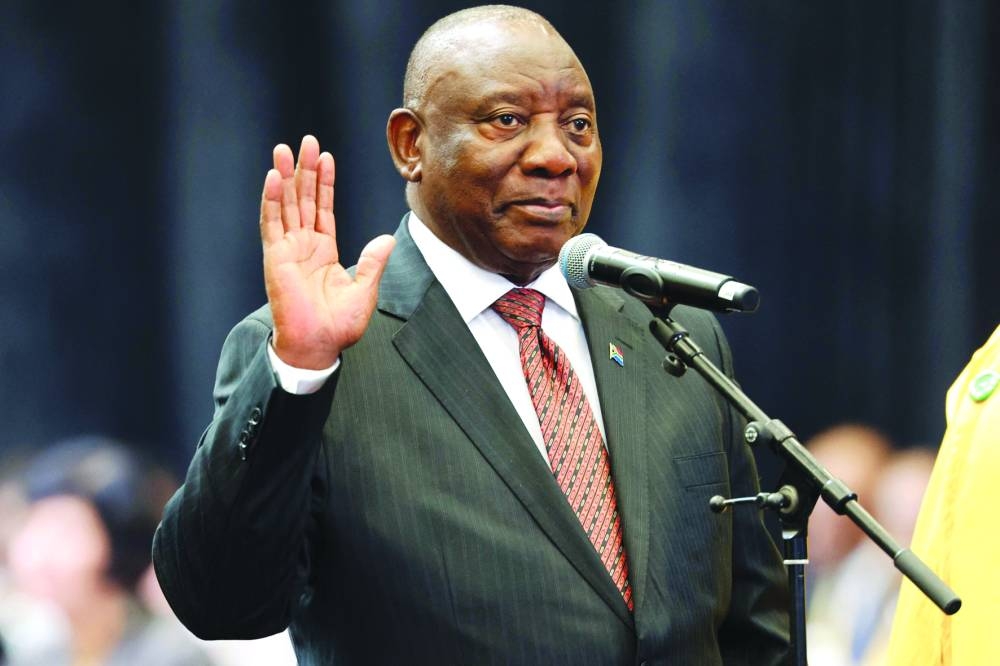In a historic move, the African National Congress (ANC) and the Democratic Alliance (DA) have agreed to form a government of national unity in South Africa, marking a significant shift in the country’s political landscape. This agreement, reached after the ANC lost its majority in the recent election, ushers in a new era of collaboration between two parties that were once bitter rivals.
The ANC, long considered unbeatable in national elections, has faced a decline in support in recent years due to persistent issues of poverty, inequality, and corruption. The DA, a white-led party focused on good governance and a strong economy, has emerged as a key player in the new government.
The inclusion of the DA in the government of national unity signifies a departure from the traditional political landscape in South Africa. The party has proposed scrapping some of the ANC’s Black empowerment programs, arguing for a more inclusive and effective approach to governance.
Despite some concerns about the racial dynamics of the new government, supporters of both parties see this collaboration as a positive step towards addressing the country’s challenges. The unity government also includes smaller parties like the Inkatha Freedom Party and the Patriotic Alliance, reflecting a diverse range of voices in the political arena.
The prospect of a coalition government involving the ANC and the DA has been well received by investors, who expect policy continuity and economic reforms to drive growth and development in South Africa. With President Cyril Ramaphosa expected to win a new term with support from the unity government, the country is poised for a new chapter in its political history.
As the new government takes shape, the focus remains on addressing key priorities such as economic growth, job creation, land reform, and infrastructure development. The exclusion of parties like the Economic Freedom Fighters and the uMkhonto we Sizwe party from policymaking underscores a commitment to stability and progress in the country.
Overall, the agreement between the ANC and the DA signals a significant shift in South Africa’s political landscape, with potential implications for the future of the country. As the new government sets its priorities and agenda, all eyes are on how this historic collaboration will shape the trajectory of South Africa’s development in the years to come.
